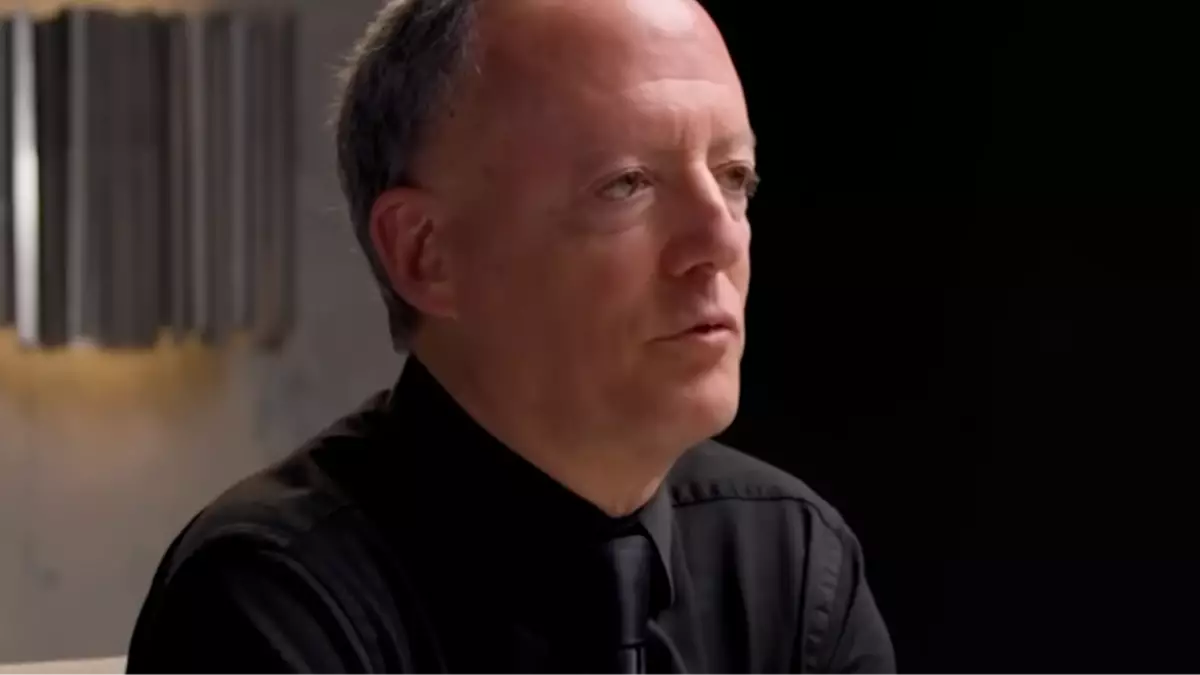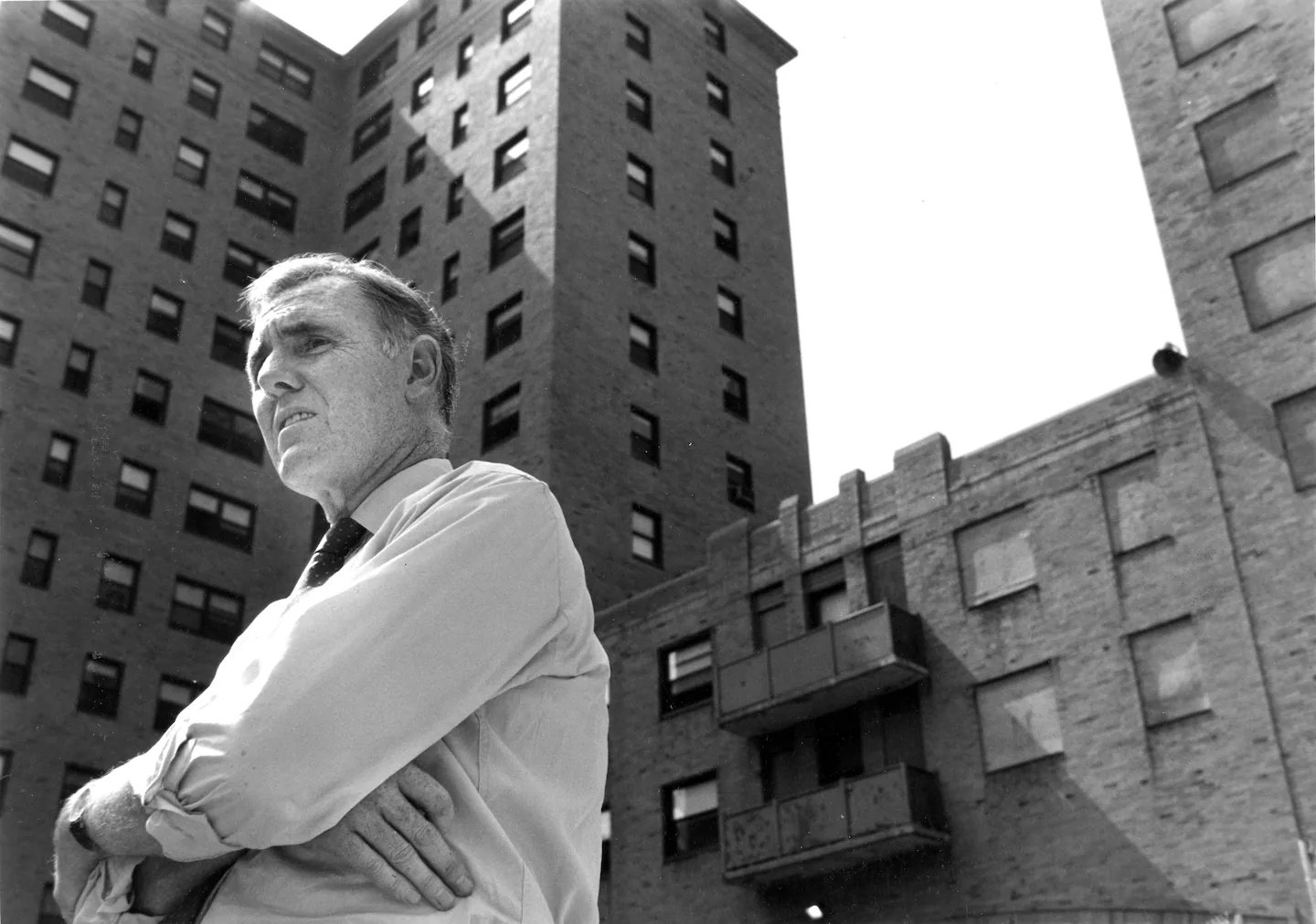Copyright unilad

An expert has broken down what happens to your body when you fast. Fasting is where someone goes a prolonged period without food or when someone eats a significantly lower amount of calories. A popular type of fasting is the 5:2 Diet where someone eats normally five days a week, and on the other two days eats only 500-600 calories in a day non-consecutively. There are several health benefits to fasting, weight loss being one. It can also help with blood sugar control, improve heart health, and physical performance, says Johns Hopkins Medicine. However, some are divided on whether or not fasting is actually good for the body, citing a lack of human-backed studies on the practice. But what actually happens to your body during the first stages of fasting? Dr Alan Goldhamer has explained. Speaking to Steven Bartlett on his Diary of a CEO podcast, Goldhamer said that in the first 24 hours our bodies swap from using glucose as a fuel source to ketones (a type of chemical that your liver produces when it breaks down fats). "[In the first 24-48 hours of fasting] it's going to predominately shift the brain liver muscles are going to begin shifting - it's a progression depending on your glycogen stores," he explained. "Within 16 hours/24 hours/48 hours in that transition, you'll be going from burning almost exclusively glucose to burning byproducts of fact metabolism." These byproducts are things like ketones and beta hydroxybutyric acid (BHB). BHB is a chemical that provides energy when not enough carbohydrates or sugars have been eaten. As well as helping you lose weight, it's believed that fasting can prove beneficial for brain health as well. Goldhamer told Bartlett: "The higher your [BHB] is, the more BDNF is produced. BDNF, brain-derived neurotrophic factor, is a neurochemical that's thought to be protective in the brain from oxidative damage." Oxidative damage can lead to things like Alzheimer's disease and Parkinson's. There have been simulations which show what happens to the body when you fast. In a more specific breakdown, one video shows that within the first four hours of you fasting your body will stop digesting food. Come eight hours without food your blood sugar will drop and your body begins to use stored glycogen for energy instead. By 12 hours your body will probably be depleted of glucose and your liver to start breaking down fat into ketones. Then, by 16 hours of fasting, you'll start experiencing something known as autophagy, which is the body's natural process of breaking down and recycling damaged or unnecessary components within its cells. As always, it's worth checking with a medical professional before making any major changes to your diet.



